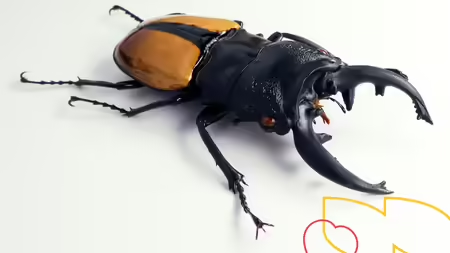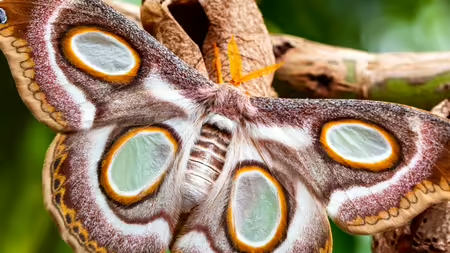 4-H Spring Workshop Series: Entomology
4-H Spring Workshop Series: Entomology
County
Fulton
Mason
Peoria
Tazewell
 4-H Spring Workshop Series: Entomology
4-H Spring Workshop Series: Entomology
 Magnificent Moths
Magnificent Moths
101 Mumford Hall (MC-710)
1301 W. Gregory Dr.
Urbana, IL 61801
Email: extension@illinois.edu